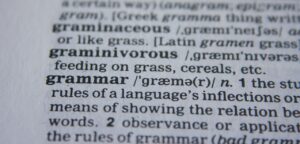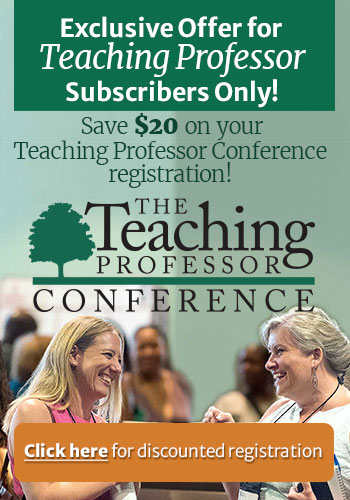
Should Instructors Use AI for Grading?
AI has become a part of nearly all facets of teaching, from lesson development to exam creation to answering student questions. But grading is the last bastion of education where it has yet to make meaningful inroads. This is partly due to the visceral reaction













